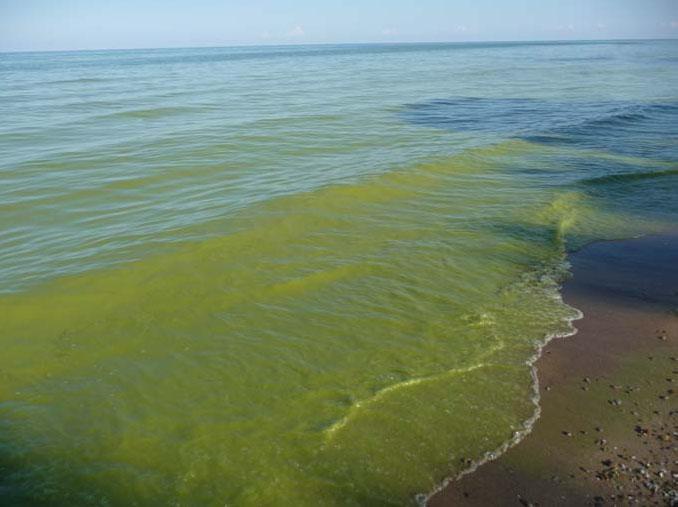On February 18th, delegates from each County Farm Bureau in Ohio descended on the state house to let legislators and the Governor know the concerns of farmers and how legislation, if not done correctly, could have an adverse effect on the Ohio farming community.
Even though Ohio is an industrial powerhouse and exports many goods worldwide, farming is an internal part of Ohio’s economy and twelfth among the states in production.
The most pressing issue to be brought forth was the water pollution problem of Lake Erie’s western basin with the massive algae blooms which include toxic algae that makes the water not useable and a health hazard for any animal including humans that come in contact with it.
Toledo, Ohio depends on Lake Erie water with 450,000 customers depending on it.
The fishing industry is affected as well that contributes at least a billion dollars to the state’s economy.
Kristina Roegner, the senator representing western Summit County, listened intensely as representatives of the Ohio Farm Bureau from Summit and Wayne counties explained their views on the pollution problem.
House Bill #7 was recently passed and signed by Governor DeWine to start the long process of correction of Lake Erie’s pollution. With education and money provided by the bill, helping farmers planting cover crops on bare ground that once grew row crops, managing manure nutrient runoff in creeks and streams and with tools to help farmers apply only fertilizer that is actually needed.
Land will be divided into 2.5 acre parcels with a soil test for each and amazingly, applicators can automatically apply the fertilizer needed and no more to each parcel as dictated by the soil test.
The Governor, in his luncheon address, stated that the pollution problems would not be solved by providing 172 million dollars over the two year state budget to get started on the cleanup but a much longer approach is needed. He had originally proposed legislation of 900 million dollars over ten years but could only get approval for enough for the two years.
The Governor did state that he will be coming back to the legislature having to do with the Lake Erie problem.
The state, according to the Governor has the ability to track which farms will be what is termed “best management practices” and looks forward to continued acreage added to the Maumee River Basin of this best practice management.
With the Ohio Farm Bureau on board for the cleanup plan and various environmental groups, over time the problems of Lake Erie will be mitigated, if not completely solved.
Another major factor in the cleanup is Governor DeWine’s vision and leadership that will drive the process as well. Ohio is quite fortunate to have a Governor that does not limit himself to one ideology but one that tries to do the right thing that is in the best interest of all Ohioans.
